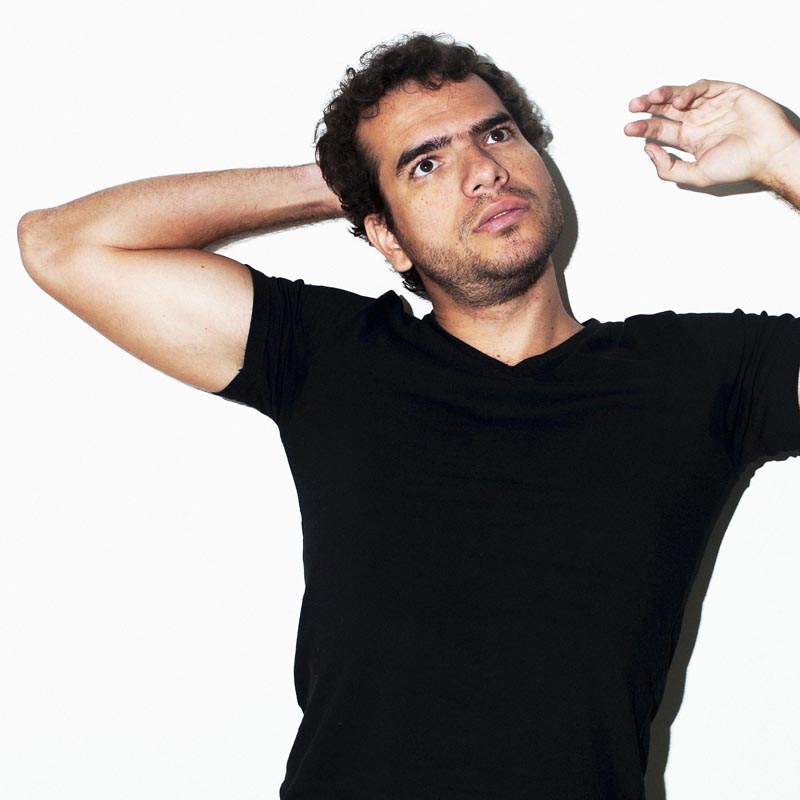The difference between the poet and the mathematician is that the poet tries to get his head into the heavens while the mathematician tries to get the heavens into his head. – G.K. Chesterton
From this past summer’s World Cup to the upcoming 2016 Olympics, Brazilians have drawn pride in their country being the epicenter of the sports world. However, the achievements of Artur Avila in the world of mathematics might just give the country a reputation beyond beaches and fútbol.in the world of mathematics might just give the country a reputation beyond beaches and fútbol.
In 2014, the 35-year old prodigy once again captured the imagination of academics worldwide as he was awarded the industry’s equivalent of the Nobel Prize, the Fields Medal, primarily for his work in the “theory of dynamic systems.” That is the branch of mathematics that deals with studying the rules that evolve in a system over time – anything from a collection of planets around a sun to how a population increases or decreases in a given area. Part of the practical application of studying such patterns is that it can help provide some understanding and probability of how a simple event can throw things off. Think about the cascading effect that not having your morning cup of coffee can have on your day and in turn how that day can affect both your life and that of those around you. To be able to use math to calculate some of those variables and effects is the potential power of the field and his work.
Avila was both the first Brazilian and Latin American to receive the award, which recognizes mathematical achievement for both existing work and the promise of future success in those under the age of 40. “Avila brings formidable technical power, the ingenuity and tenacity of a master problem-solver, and an unerring sense for deep and significant questions,” wrote the selection committee in releasing the news. The life of a mathematician is not what Avila’s government official father and accountant mother had for him. Yet early on, it was clear that he had a passion for numbers that overshadowed any all other subjects. So much so, they he nearly flunked out of middle school. The faith and continued involvement of one of his teachers helped him transfer schools and soon had him in competitions on the state and national levels. That passion led him to earning gold at the International Mathematical Olympiad in Toronto and collaborating with the best minds in the field before even graduating high school.
It’s that same spirit of collaboration that the selection committee noted and that makes Avila one of the most sought after mathematicians in the world. Chances are you’re more likely to find him doing work on a beach than in an office and he makes it clear that he often prefers first talking to people than reading their papers, especially when delving into new subject matters. Perhaps that’s why many characterize their working with him like a breath of fresh air. He has a way of focusing on what’s important and the knack for simplifying and demystifying complex problems.
“If you work with him, this experience changes your attitude toward mathematics,” a colleague told Quantum magazine. “You kind of learn to do math without pain.” Avila currently splits his time between his native Brazil, where he is a fellow at Brazil’s National Institute for Pure and Applied Mathematics (IMPA) and France, where his is the director of Research at CNRS, France’s largest state-run science organization. He seems to leave much of his future to chance, choosing to more on the joy of the work than trying to decide beforehand where that work should lead him.
What he is clear about is his desire to help develop a new generation of Brazilians and other Latin Americans that will be spoken in the same breath of some of Europe’s. As the fates would have it, he should get that chance before the decade is out. The country is set to host the 2017 International Mathematical Olympiad, as well as the 2018 International Congress of Mathematicians, where the next Fields medalists will be announced.

